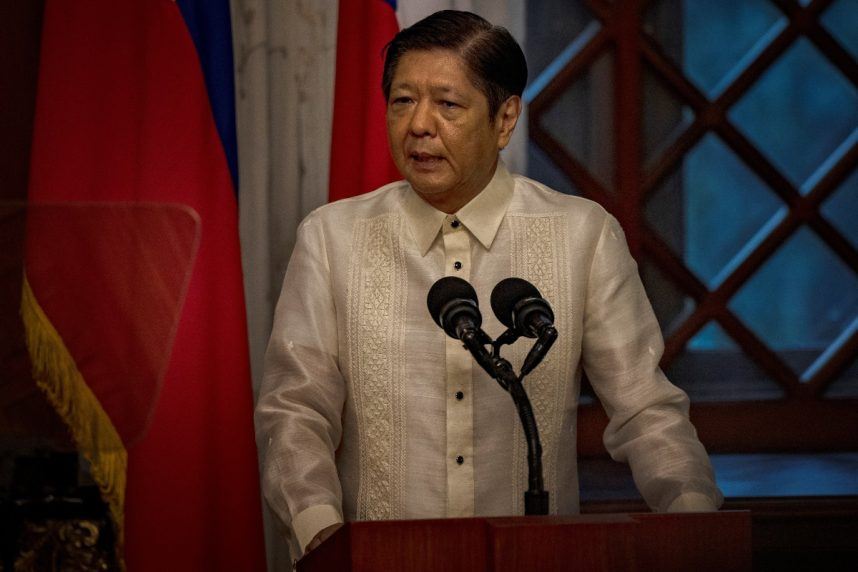The Philippine President wants to remove the gray list for money laundering

Published on: January 9, 2024 at 12:54 hours.
Last updated on: January 8, 2024 at 04:21 h.
Philippine President Ferdinand “Bongbong” Marcos Jr. has started the new year with an increased focus on improving money laundering safeguards and defenses against terrorist financing in the Southeast Asian country.

Last fall, the Financial Action Task Force (FATF) added the Philippines to its “increased monitoring” list, commonly referred to as the FATF’s “grey list.” Covered countries are encouraged to “address strategic deficiencies in their systems to combat money laundering, terrorist financing and proliferation.”
During last week’s meeting with the Philippine Anti-Money Laundering Council, Marcos directed the commission and all relevant government agencies, including the Philippine Amusement and Gaming Corporation (PAGCOR), to prioritize addressing anti-money laundering and terrorist financing deficiencies.
PAGCOR is responsible for regulating commercial casinos in the Philippines. In addition, the government agency operates government-owned casinos.
AMLC Executive Director Matthew David said the President affirmed the government’s high-level political commitment and directed all relevant government agencies to vigorously address the remaining strategic deficiencies identified by the FATF regarding the gray listing of the Philippines.
Marcos set the FATF’s goal of removing the Philippines from the gray list by October 2024.
Gaming effect
The Philippines has a long history of facing criticism for not adequately protecting its financial institutions from use for unscrupulous reasons. Much controversy has surrounded the country’s casinos, which were not initially included within the scope of the country’s 2001 Anti-Money Laundering Law (AMLA).
“Initially, casinos were exempted from the Anti-Money Laundering Law because their inclusion would supposedly negatively affect their profitability and, in the process, reduce their contributions to various social causes,” said Raúl Palabrica, Chairman of the Anti-Money Laundering Committee. Philippine Daily Inquirerhe wrote this week.
After pressure from the Financial Action Task Force, Philippine lawmakers amended the Anti-Money Laundering Law to apply the law to the country’s gaming industry. Since 2017, the Anti-Money Laundering Act (AMLA) has been applied to brick-and-mortar casinos and offshore online gaming sites operating from the Philippines.
PAGCOR is the primary agency charged with ensuring that casinos comply with the Anti-Money Laundering Act (AMLA). However, it is not an easy task, as casinos often deal with whales who seek to limit their identity disclosure for tax and security purposes.
The function has escalated in scope after China forced VIP groups out of Macau over concerns that VIP travel organizers were acting as money laundering facilitators for the wealthiest mainland Chinese residents. Many flights that previously operated in Macau have moved to more hospitable operating climates, with the Philippines said to be the leading destination.
Threat blacklist
The longer the Philippines remains on FATF’s “increased watch list,” the greater the likelihood of it being placed on the task force’s so-called “blacklist.” The blacklist, officially known as the “high-risk jurisdictions” list, includes countries with “serious strategic deficiencies.”
The FATF calls on its members to “apply enhanced due diligence” when dealing with blacklisted countries and “apply countermeasures to protect the international financial system.”
There are precautions to being on the gray list, because the longer we stay on the gray list, the more likely or more dangerous it is to get blacklisted. Of course, we don’t want to be blacklisted. “If we were to be blacklisted, there would be repercussions and one of the repercussions is the impact on our dealings with our overseas Filipino workers,” David said.
David revealed that an 18-point action plan has been published to strengthen anti-money laundering protocols and reduce the possibility of terrorist financing across relevant government agencies.






